Can LightKey really make typing in Microsoft Office more efficient?
4 min. read
Published on
Read our disclosure page to find out how can you help Windows Report sustain the editorial team. Read more
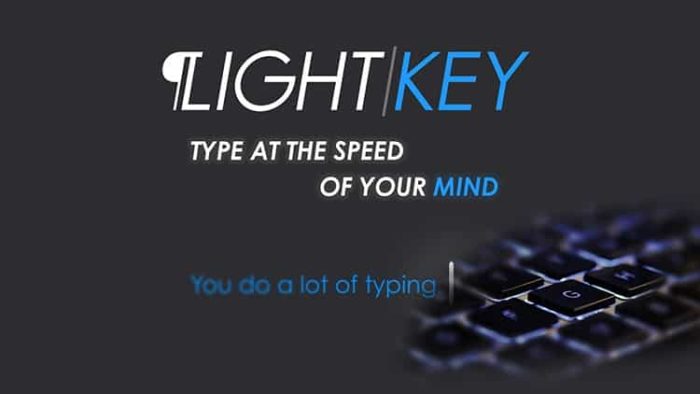
Yesterday, we wrote an article announcing a new software made specifically for typists. LightKey is a text autocomplete software inspired by mobile platforms, and it works specifically for Microsoft Word, Powerpoint, and Outlook on PC.
As someone who’s constantly looking for ways to write faster and more efficiently, I found this particular software fascinating. And so, I decided to get some hands-on experience of how LightKey works and test for myself exactly how useful it really is.
LightKey in Microsoft Office
Lightkey is supported from Windows 7 to Windows 10 (32-bit and 64-bit) and is compatible with all Office suites from 2010 to 2016. Downloading and setting up LightKey is a simple task, and it even asks to customize your preferences through a list of hobbies, interests, and topics. Of course, I switched to technology since that’s what I’m always typing about.
With Microsoft Word open and LightKey running in the background, I began to start typing. At first, it was random stuff, but as I began to get a feel for the software I decided to give it the ultimate test: a feature post for WinBeta (OnMSFT).
Typing with LightKey is surprisingly smooth and feels like it is well-integrated with Microsoft products. The average person normally writes around 50-60 words per minute. For those who need to be quicker than usual, this software is a double-edged sword. Initially, it can seem like a time waster but ultimately can be adjusted to and will improve your own typing if not solely for correct spelling.
Typing at the Speed of Light
For faster typists like myself, it seems that we’re more subject to just keep typing than to wait for the LightKey to spell anything out for us. That’s why we decided to reach out and see if we were missing something important. Turns out, we were!
Guy Katabi, CEO of LIGHTKEY SOURCES LTD responded to our inquiries about his software and our concerns about the efficiency for the more experienced . This was his reply:
Regarding your conclusion about fast typists, you are right and fast typists will feel less empowered by Lightkey upon initial use. However, as a fast typist myself I found the following:
- Fast typing requires energy, and Lightkeying requires less energy. So over time one might find himself enjoying fast typing with less spent energy.
- Lightkey has a built-in mechanism that allows the user to choose the level of confidence in which Lightkey will offer suggestions. Fast typists could take the slider to the right side to get suggestions only when there is a high probability of match and therefore boost their typing speed on targeted events.
Sure enough, shifting the settings towards the precise end to limit suggestions did improve my experience. The boost in saved minutes seems minimal but it does exist. In fact, 3.9% of my LightKeyed words saved me approximately half a minute. Of course, for a more accurate conclusion, the user would need to regularly use the software over a long period of time to see significant time saves.
Nevertheless, I have found that the software can be very useful upfront. The added precision finishes more accurate words quicker, but that’s not LightKey’s only use. If you’re typing under a time limit, LightKey makes it possible to see the spelling in advance before you’re even finished.
Final Verdict
Is LightKey perfect? Absolutely not. Much of the time, it suggests words that have nothing to do with what I’m typing. If you hit the tab button with a delay, it will act as normal and leave behind chunks of white space. This results in some much needed formatting time afterward. In fact, the more frustrating part is that if you know what you are typing ahead of the time, then you likely won’t find much use for LightKey. But that’s not a fault of LightKey so much as it is a restriction of autocomplete software in general.
For what it does, LightKey performs very well with smart resource consumption and an overall smooth experience. The average typist will likely find this software to be a miracle and the boost of confidence in spelling correctly is worth the effort to get used to the software. If you’re just looking to find that extra edge when you’re typing, then you might enjoy using LightKey.
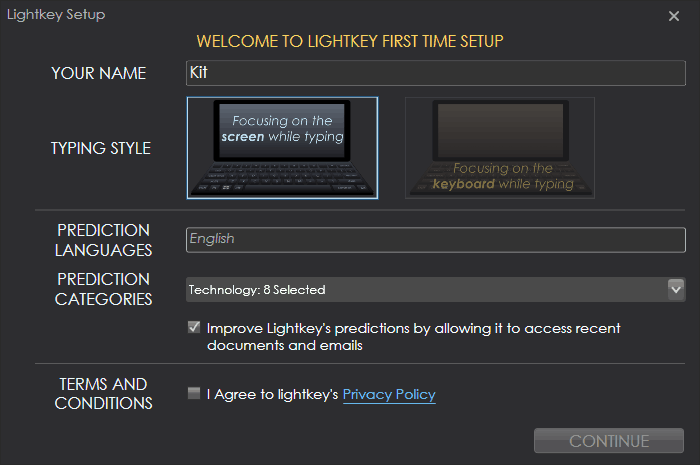
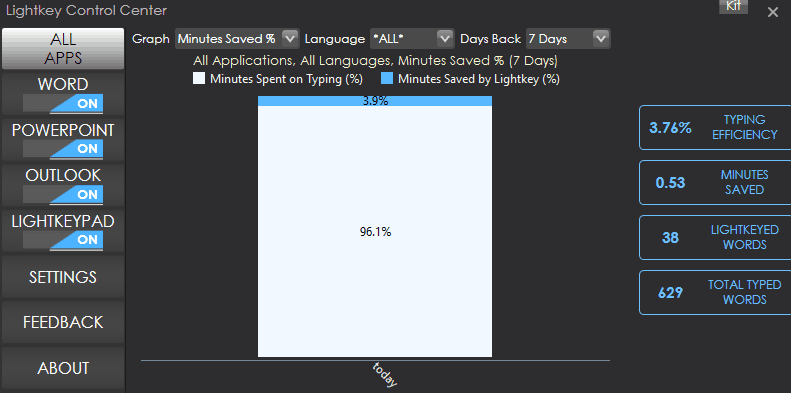
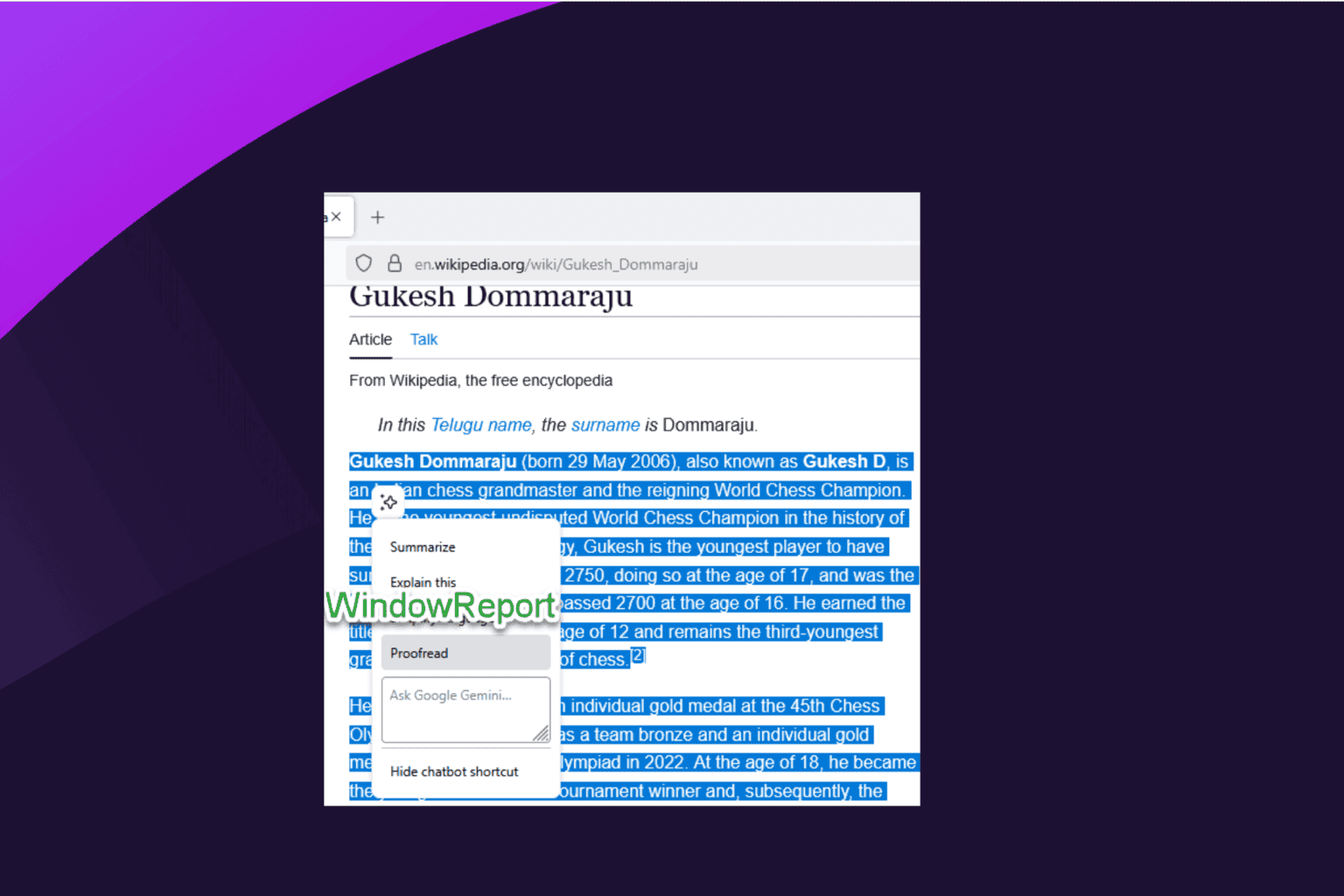
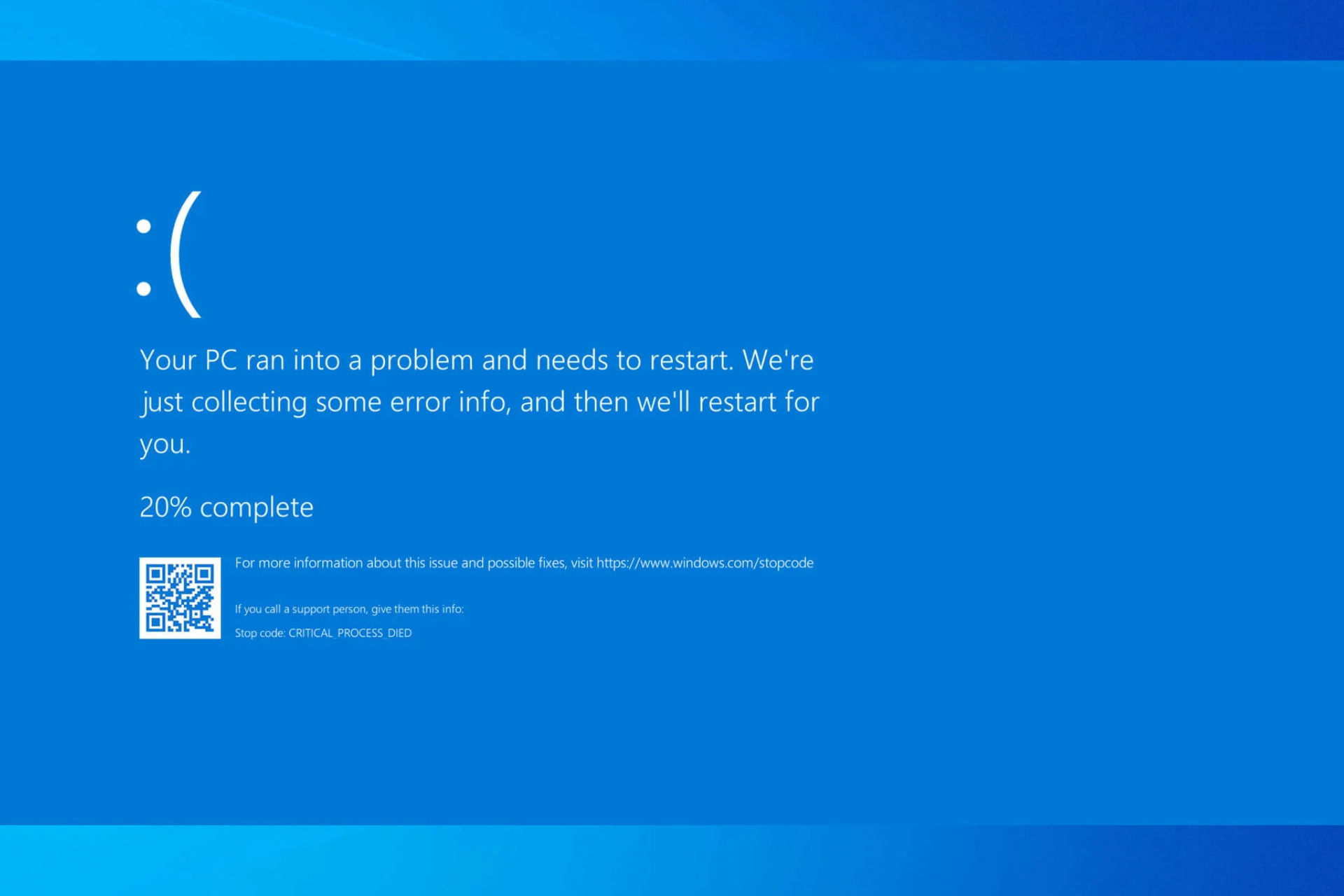
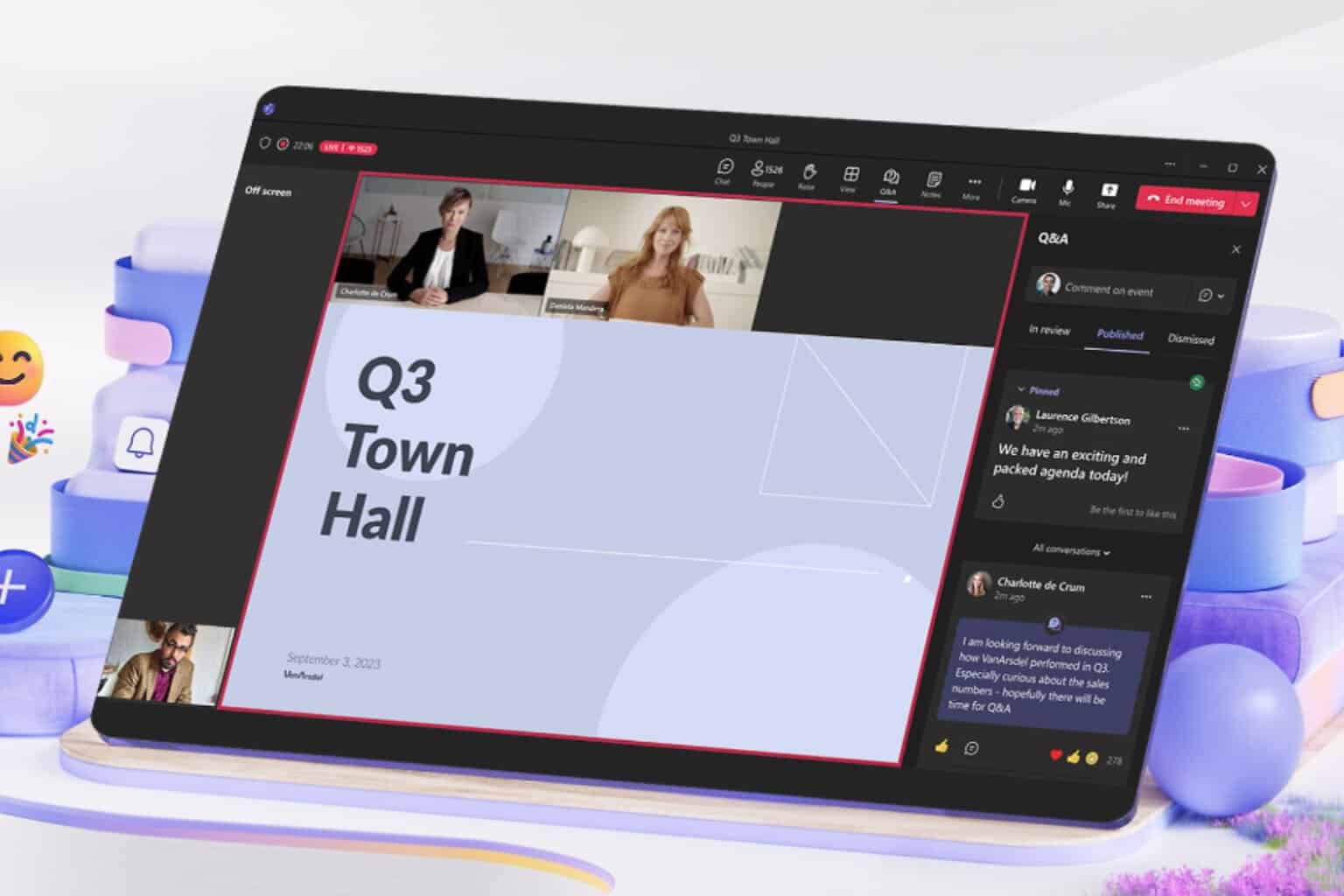





User forum
0 messages